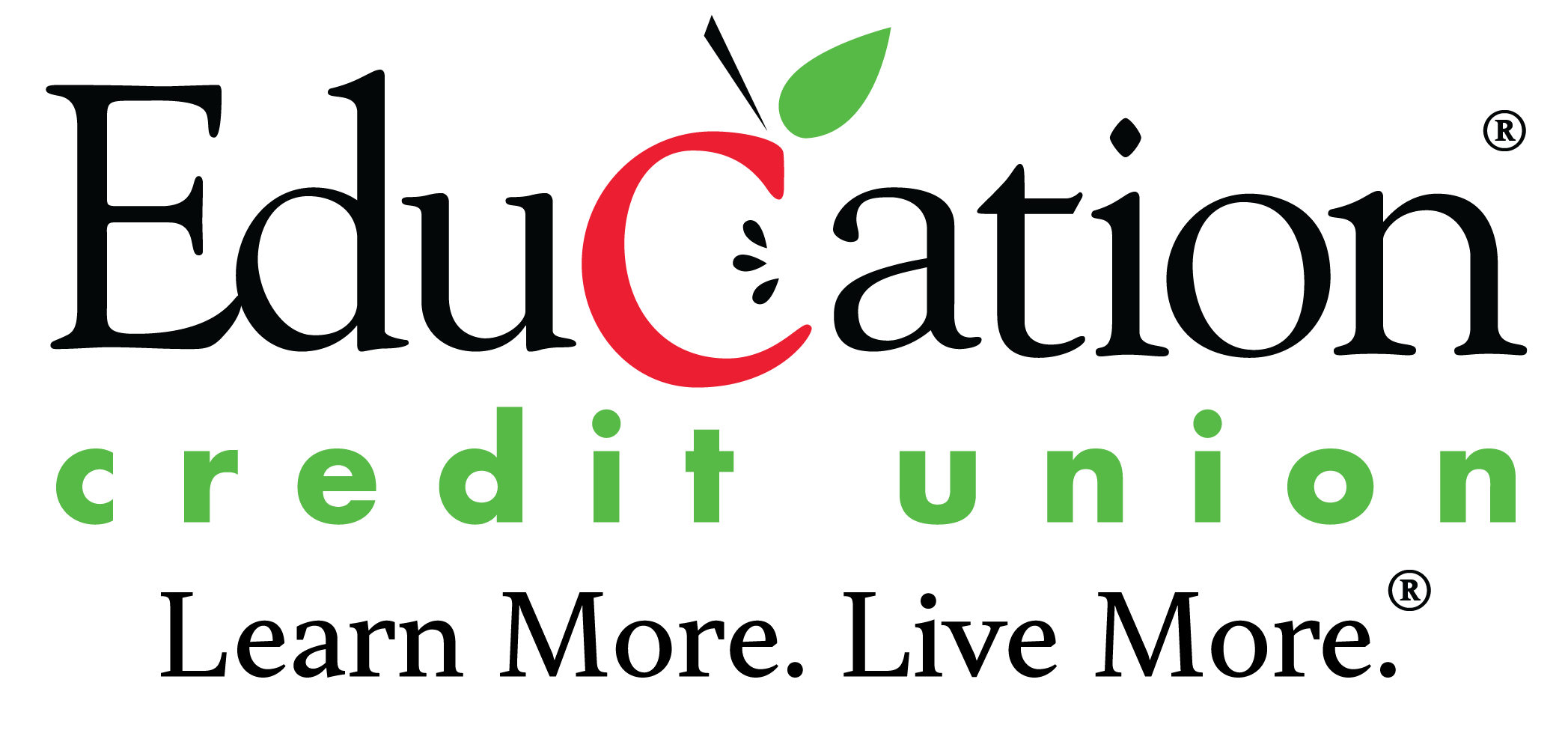
Similar Products, Very Different Purposes
While at first glance the types of loans and savings account options banks and credit unions offer appear quite similar, taking a closer look quickly shines a light on several key differences between these two common types of financial institutions.
Member-Owned & Not for Profit
Credit unions are not-for-profit financial cooperatives, which means they are owned by their members, not stockholders like a for-profit bank. Given this not-for-profit, but for people distinction, thousands of local credit unions across the country share a common “People Helping People” philosophy that puts members before profits in every decision made.
Democratically Controlled
As a member, you get to vote for your credit union’s Board of Directors. At ECU, these directors are unpaid volunteers who are also members – just like you! Each Credit Union member gets one equal vote, regardless of their account balance. In for-profit organizations, stockholders typically vote based on their number of shares.
Better Rates, Lower Fees
Whether you are a borrower, a saver, or a combination of both, as a credit union member you benefit directly from our cooperative’s not-for-profit business model through better rates and lower fees. Over the years, these savings really add up. The chart below summarizes how credit unions across the U.S. benefit members. The power of cooperation is pretty awesome!
(SOURCE: https://www.advancingcommunity.com/)
NCUA & ESI Insurance
The best news for ECU Members? We are insured by NCUA and ESI. Federal deposit insurance provided by the NCUA for members: $250,000 for each depositor and per account. ECU also provides Excess Share Insurance (ESI), at no cost to you the member. ESI matches what NCUA insures. What does this mean? This means you can feel confident that your funds on deposit at ECU are insured at a minimum of $500,000 per depositor and per account.
Member Service
Beyond the impressive financial benefits of being a credit union member, many find our service to be one of the biggest differences. After all, you’re not just a customer here, you’re a member-owner. That means we work for YOU and constantly look for ways to improve your experience. ECU was founded in 1935 and strives to be people that love people into financial prosperity.
Community Support
Many credit unions in the U.S. were born out of the Great Depression. Small groups of neighbors pooled their resources to provide credit to those who couldn’t find financing otherwise. When members keep their money local, it’s invested back into building stronger communities through affordable loans. At ECU, our mission today remains the same: to love our people with smarter banking.
Learn More. Live More.®
Promoting financial literacy is another important way credit unions support their members and build stronger communities. At ECU, our financial education focus is to connect with our community by empowering and inspiring others to make wise financial decisions and beneficial life choices. We have a dedicated Financial Educator on staff who has a plethora of financial literacy presentations for grades K-12, college, and adults. To schedule a presentation for your class or group, click here.
Additionally, ECU has 20+ Certified Credit Union Financial Counselors (CCUFC), who are here to help with everything from creating a healthy emergency savings, repairing or rebuilding credit, or finalizing plans for retirement. All of these services are FREE of cost and open to anyone. Ask a question or schedule an appointment with an ECU CCUFC.
If you haven’t experienced the credit union difference yet, or if you have friends or family members who could benefit, we invite you to share the credit union difference with them. Open a new membership or refer a friend or family member online today. You may also call our offices, and we’ll be happy to help.
SOURCES:

